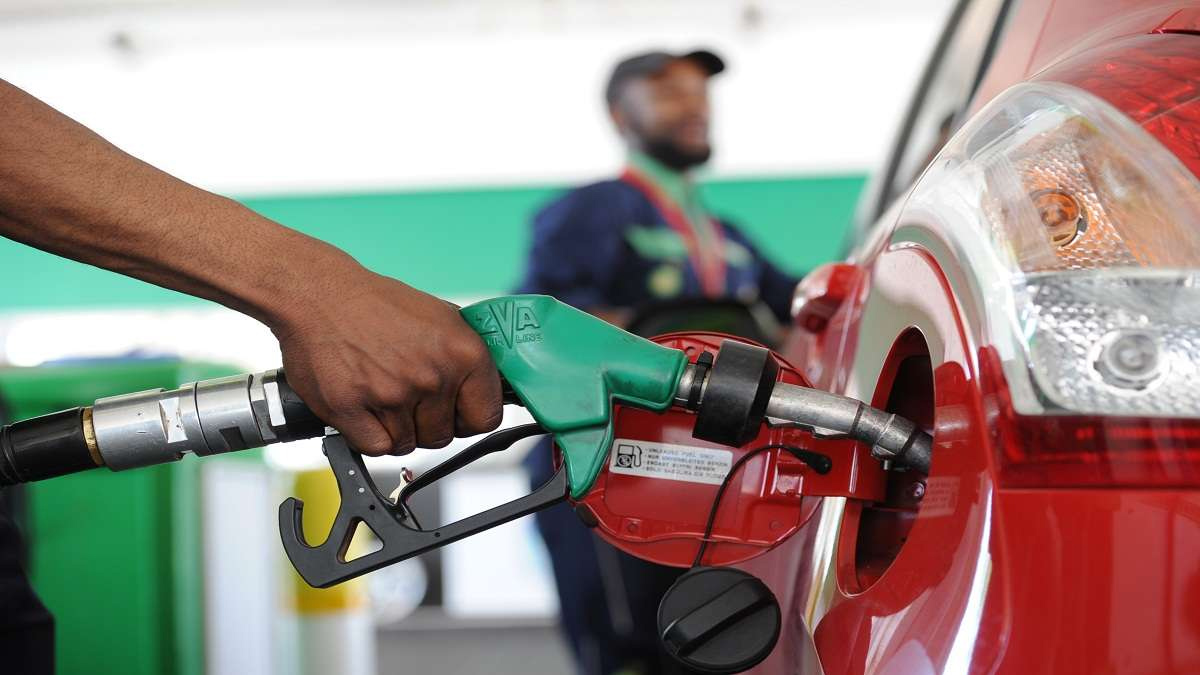ECONOMY

ANOTHER TAX ON PETROL WILL CRIPPLE HOUSEHOLDS AND BUSINESSES
As Nigerians continue to endure severe economic hardship marked by rising prices and uncertainty, the planned implementation of a 5% surcharge on both imported and locally refined petrol and diesel—set to begin on January 1, 2026—under the new tax legislation, appears deeply inappropriate and inequitable.
Since the removal of fuel subsidies on May 29, 2023, by President Bola Tinubu, combined with a significant devaluation of the naira, citizens have been facing relentless inflationary pressures. The cost of essential goods and services—including food, transportation, medical care, school fees, telecom services, and electricity—has surged, placing immense strain on household finances.
For many Nigerians already struggling to meet basic needs, any further increase in fuel costs is not only burdensome but could push more people into extreme hardship. Petrol prices have increased nearly fivefold since May 2023, while the naira has depreciated by more than 60% against the US dollar. By the end of July 2025, petrol was selling for an average of ₦900 per litre, compared to ₦187 per litre prior to the subsidy removal.
The introduction of a new fuel levy would only exacerbate an already dire situation. Fuel prices influence the cost of virtually all goods and services, meaning that the surcharge would ripple through the economy—impacting transportation, agriculture, and small businesses—deepening the burden on already stretched households.
Stakeholders across multiple sectors, including fuel marketers, drivers, farmers, and civil society groups, have warned that this surcharge would translate directly into higher prices for goods and transport. The result would be increased suffering for millions.
Although the Federal Government argues that the policy is intended to strengthen non-oil revenue and improve fiscal sustainability, this justification falls flat when weighed against the human cost. Critics argue that the focus on revenue generation, without adequate sensitivity to the realities faced by ordinary citizens, is both harsh and misguided.
Despite claims that fuel subsidy removal has saved the government around $600 million monthly and increased federal allocations to states by 40% since 2023, Nigerians are still being asked to pay more. This runs counter to the stated goals of the nation’s tax reforms, which aim to simplify taxation and reduce overburdening citizens.
Even if the surcharge is expected to generate ₦796 billion, it will do so by further straining an economy already grappling with inflation, food insecurity, and high transport costs. The broader objective of the ongoing tax reforms—to improve compliance, eliminate leakages, and broaden the tax base—should not be undermined by taxing essential commodities.
An administration that campaigned on the promise of "renewed hope" must ensure that its policies align with that message. Many Nigerians view the new surcharge as a betrayal of public trust, especially when there are still unresolved issues surrounding transparency, accountability, and inefficiency in the petroleum sector.
Rather than imposing more taxes on vulnerable citizens, the government should prioritize reforming the oil industry—by boosting production, divesting from failing refineries, investing in gas infrastructure, and enforcing transparency and fiscal discipline across the value chain.
Enhancing digital tracking, ensuring fair pricing, and improving oversight in the downstream sector are more effective long-term solutions than shifting the financial burden to the public.
Implementing this tax while the country is still reeling from multiple economic shocks reveals a lack of empathy and disconnect from the people’s reality. Revenue policies must be anchored in fairness and social justice—not in expedient fiscal arithmetic.
Until the economy shows clear signs of recovery and citizens experience real relief, this fuel surcharge should be put on hold. Proceeding with it now would not only be a policy misstep but a profound injustice.
"This represents a significant development in our ongoing coverage of current events."— Editorial Board









